Alternative Medicine
Alternative medicine refers to medical treatments that are used instead of traditional (mainstream) therapies. These treatments are often based on the principles that are not widely accepted by the medical community and are not supported by scientific evidence. However, many people use alternative medicine as a complementary approach to traditional medicine.
Types of Alternative Medicine
There are various types of alternative medicine, including:
- Herbal Medicine: The use of plants or plant extracts for medicinal purposes.
- Acupuncture: A traditional Chinese medicine practice that involves inserting thin needles into specific points on the body to promote healing and relieve pain.
- Homeopathy: A system of medicine based on the principle of "like cures like," using highly diluted substances to stimulate the body's natural healing processes.
- Chiropractic Care: A form of alternative medicine that focuses on the diagnosis and treatment of mechanical disorders of the musculoskeletal system, particularly the spine.
- Naturopathy: A holistic approach to healthcare that emphasizes prevention and self-healing through the use of natural therapies.
Study Guide
Key Concepts
- Definition of alternative medicine
- Comparison to traditional medicine
- Types of alternative medicine
- Principles and practices of each type
Key Questions
- What is alternative medicine and how does it differ from traditional medicine?
- What are the main types of alternative medicine and how do they work?
- What are the potential benefits and risks of using alternative medicine?
- How does the scientific community view alternative medicine?
Additional Resources
For further study, you may want to explore reputable sources such as medical journals, government health websites, and academic publications to gain a more comprehensive understanding of alternative medicine.
.◂Science Worksheets and Study Guides Seventh Grade. Weathering of rocks and soil formation
Study Guide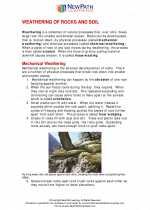 Weathering of rocks and soil formation
Weathering of rocks and soil formation  Activity Lesson
Activity Lesson Weathering of Rocks
Weathering of Rocks  Worksheet/Answer key
Worksheet/Answer key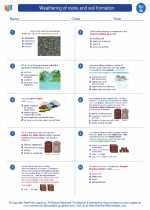 Weathering of rocks and soil formation
Weathering of rocks and soil formation  Worksheet/Answer key
Worksheet/Answer key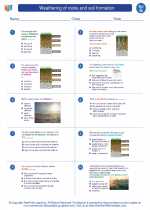 Weathering of rocks and soil formation
Weathering of rocks and soil formation  Worksheet/Answer key
Worksheet/Answer key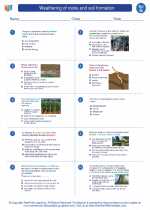 Weathering of rocks and soil formation
Weathering of rocks and soil formation  Worksheet/Answer key
Worksheet/Answer key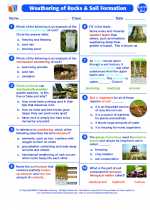 Weathering of rocks and soil formation
Weathering of rocks and soil formation  Vocabulary/Answer key
Vocabulary/Answer key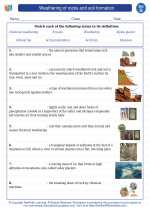 Weathering of rocks and soil formation
Weathering of rocks and soil formation  Vocabulary/Answer key
Vocabulary/Answer key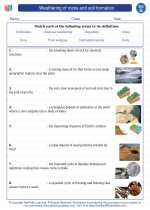 Weathering of rocks and soil formation
Weathering of rocks and soil formation  Vocabulary/Answer key
Vocabulary/Answer key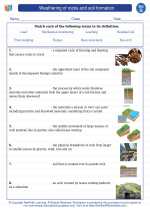 Weathering of rocks and soil formation
Weathering of rocks and soil formation  Vocabulary/Answer key
Vocabulary/Answer key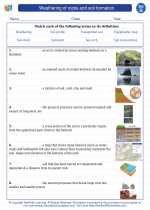 Weathering of rocks and soil formation
Weathering of rocks and soil formation 

 Activity Lesson
Activity Lesson
 Worksheet/Answer key
Worksheet/Answer key
 Worksheet/Answer key
Worksheet/Answer key
 Worksheet/Answer key
Worksheet/Answer key
 Worksheet/Answer key
Worksheet/Answer key
 Vocabulary/Answer key
Vocabulary/Answer key
 Vocabulary/Answer key
Vocabulary/Answer key
 Vocabulary/Answer key
Vocabulary/Answer key
 Vocabulary/Answer key
Vocabulary/Answer key

The resources above cover the following skills:
LIFE SCIENCE
Unity and Diversity
Analyze and interpret data for patterns of change in anatomical structures of organisms using the fossil record and the chronological order of fossil appearance in rock layers.